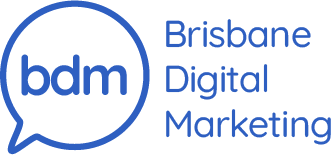In the current privacy-aware age, marketing consent has become increasingly crucial in digital marketing.
One of the most critical aspects of collecting customer data is obtaining consent. Consent should be freely given, specific, informed, and unambiguous. Businesses must make it clear to customers:
- what data they are collecting,
- how it will be used, and
- who it will be shared with.
There are several ways businesses can capture consent, including through opt-in forms, cookie banners, and privacy policies. Opt-in forms should be clear, concise, and not pre-checked, while cookie banners should provide customers with the option to accept or reject cookies.
In addition to legal requirements, there are also ethical considerations when it comes to marketing consent. Businesses must ensure that their marketing efforts are transparent, respectful, and not intrusive.
Policies and Laws Applicable in Brisbane
In Brisbane, there are several policies and laws in place to protect customer data, including the Privacy Act 1988 and the Spam Act 2003. These laws require businesses to obtain consent before sending marketing communications and to provide customers with the option to unsubscribe. The consequences of not complying with marketing policies and laws in Brisbane can be severe, including hefty fines, legal action, and damage to a company’s reputation. It is essential for businesses to stay up-to-date with these regulations to avoid potential consequences.
Overall, obtaining marketing consent is crucial for businesses in Brisbane to maintain trust with their customers and comply with legal requirements. By being transparent and respectful with their marketing efforts, businesses can build strong relationships with their customers and improve their overall marketing performance.



